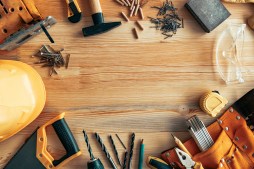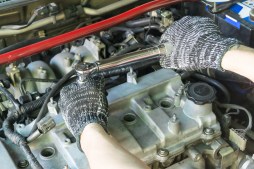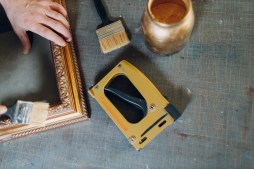DIY Plumbing 101: Practical Skills Every Homeowner Must Have

As a homeowner, it’s important to have a basic understanding of various aspects of home maintenance. One key area that often requires attention is the plumbing system. While it’s always wise to call in a professional for major plumbing issues, having some practical plumbing skills can go a long way in handling minor problems and preventing major disasters. In this article, we will discuss the essential plumbing skills every homeowner should know.
Understanding Your Plumbing System
Before diving into specific skills, it’s crucial to have a basic understanding of how your home’s plumbing system works. The main water line brings clean water into your home, which then flows through various pipes to reach different fixtures such as faucets, toilets, showers, and appliances like washing machines and dishwashers. Waste water is carried away through drain pipes and connected to the sewer or septic tank.
Skill 1: Fixing Leaky Faucets
Leaky faucets not only waste water but also lead to increased utility bills. Fortunately, fixing them can be relatively simple if you have the right tools and knowledge. Start by turning off the water supply under the sink or at the main shut-off valve. Next, disassemble the faucet handle using a screwdriver or adjustable wrench. Look for worn-out washers or O-rings inside and replace them if necessary. Reassemble everything carefully and test for leaks.
Skill 2: Unclogging Drains
Clogged drains are a common problem that can cause inconvenience and even damage if left unattended. Knowing how to unclog drains can save you from calling a plumber for minor blockages. Begin by removing any visible debris from the drain opening using gloved hands or pliers. For simple clogs, use a plunger by creating a seal around the drain opening and pumping up and down vigorously until the blockage is dislodged.
For tougher clogs, try using a drain snake or auger. Insert the snake into the drain and rotate it while applying gentle pressure. This will help break up the clog and allow water to flow freely again. If all else fails, consider using a chemical drain cleaner, but be cautious as these can be harsh on pipes and should be used sparingly.
Skill 3: Repairing Running Toilets
A running toilet not only wastes water but also disrupts your peace of mind. Fortunately, fixing this issue is often a simple task that requires minimal tools. Start by removing the toilet tank lid and inspect the flapper valve at the bottom of the tank. If it’s worn out or damaged, replace it with a new one.
If replacing the flapper doesn’t solve the problem, check the float ball or cup for any defects. Adjusting its position or replacing it may resolve the issue. Additionally, check for any leaks around the base of the toilet and tighten any loose bolts if necessary.
Skill 4: Insulating Pipes
Insulating your pipes is an important skill that can prevent freezing during colder months and save you from potential pipe bursts and costly repairs. Begin by identifying exposed pipes in unheated areas such as basements, crawlspaces, or attics. Use foam pipe insulation sleeves to wrap around these pipes, ensuring they are completely covered.
Pay special attention to areas where pipes are near exterior walls or in uninsulated spaces. By insulating your pipes properly, you can maintain consistent water flow throughout your home even in freezing temperatures.
Remember that while these skills can help you handle minor plumbing issues on your own, it’s crucial to know your limits and call in a professional for complex problems or if you’re unsure about anything. With practice and knowledge of these practical plumbing skills, you’ll be better equipped to keep your home’s plumbing system in good condition and avoid unnecessary expenses down the line.
This text was generated using a large language model, and select text has been reviewed and moderated for purposes such as readability.





